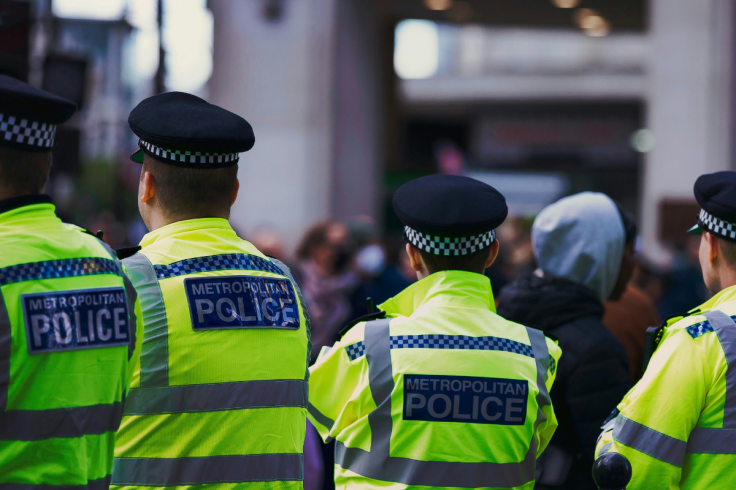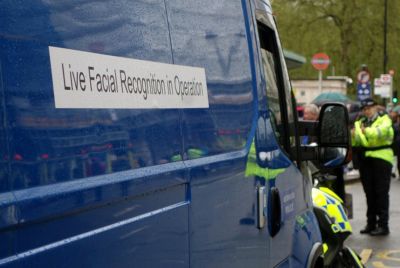London Left With Only Two 24-Hour Police Front Counters After Cost Cutting Led To More Closures - Are You Still Safe?
Closures spark job limbo—staffer calls it 'removing a vital service'.

London faces a severe setback in accessible policing as aggressive cost-cutting leaves only two 24-hour police front counters operational, igniting fears over public safety in 2025. The Metropolitan Police's move to shutter ten more counters, slashing the total from 37 to 27, breaches pledges for at least one 24-hour station per borough, amid a £260 million funding gap.
As crime reporting shifts predominantly online, vulnerable Londoners question whether reduced face-to-face access compromises their security in a city grappling with evolving threats.
The Wave of Closures in 2025
The Metropolitan Police confirmed on 16 October 2025 that only Charing Cross and Lewisham will operate 24/7, with 25 others adopting reduced hours: 10:00 to 22:00 weekdays and 09:00 to 19:00 weekends. This follows an initial plan to cut to 19 counters, revised after public engagement saved seven more.
Police counter closures in 2025 target sites like Barking Learning Centre, Chingford, Harrow, Kensington, Lavender Hill, Mitcham, Royalty Studios, Twickenham, Wimbledon, and Church Street. The Met says the move will save £7 million, part of a wider £260 million budget shortfall. During Boris Johnson's mayoralty in 2013, 65 police counters were closed. In 2017, under Sadiq Khan, 38 were shut.
Public petitions, like one against Chingford's closure garnering over 1,000 signatures in 48 hours, highlight community backlash. Remaining open sites include Croydon, Acton, Bromley, and others, aligned with demand and geography.
Impact on Public Safety
With 95 percent of crimes reported online, by phone, or directly to officers—equating to about 950,000 of one million annual reports—the Met argues closures free 2,900 officer hours monthly for street policing. Yet, victim groups like Refuge warn that barriers deter survivors of domestic abuse, who may need safe, in-person spaces amid monitored devices or abuser risks.
Liberal Democrat Gareth Roberts noted closures hit vulnerable groups hardest, eroding confidence and signalling police retreat. An anonymous police staffer called it 'removing a vital service,' leaving staff in limbo over jobs.
Conservative Susan Hall AM stated in a post on X: 'Closing front desks mean many boroughs will have nowhere to physically report crimes. @MayorofLondon is a disgrace!'
Closing front desks mean many boroughs will have nowhere to physically report crimes. @MayorofLondon is a disgrace! @Telegraph https://t.co/akMHCZR6ok
— Susan Hall AM (@Councillorsuzie) July 20, 2025
Assembly members criticise lack of impact assessments, fearing real-world consequences for elderly, non-English speakers, and tech-limited individuals. Phones outside closed sites and online options aim to mitigate, but concerns persist amid rising neighbourhood crime priorities.
Met Police's Response and Future Plans
Assistant Commissioner Matt Twist emphasised: 'The Met is having to shrink to live within its means... we will keep more front counters open across London.' Mayor Sadiq Khan hailed record City Hall funding enabling the revisions, pledging visible neighbourhood policing.
The Met is redeploying thousands of officers and staff to frontline roles by March 2026, focusing on robbery and shoplifting. While exact figures vary, the force is also expanding its 'Met Engage' programme, offering community surgeries in libraries and local hubs to maintain public access. Deputy Mayor Kaya Comer-Schwartz admitted internal discussions about police counter closures began earlier, with the plans publicly revealed only in July 2025.
Despite broken borough pledges, the Met prioritises responsive streets over underutilised overnight counters, collaborating with partners for safer spaces. This restructuring targets £75 million non-workforce savings by year-end, assuring a safer London through focused resources.
Community leaders in outer boroughs like Waltham Forest have voiced alarm that the Chingford closure could delay responses to local burglaries by up to 30 minutes, as residents must now travel to Lea Valley for in-person support.
© Copyright IBTimes 2025. All rights reserved.





















